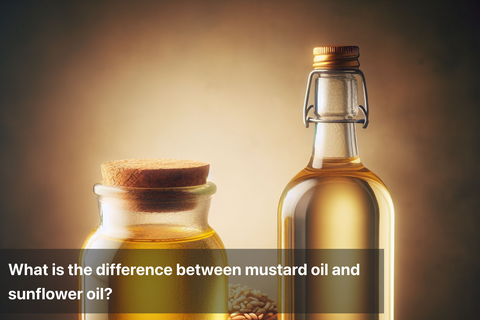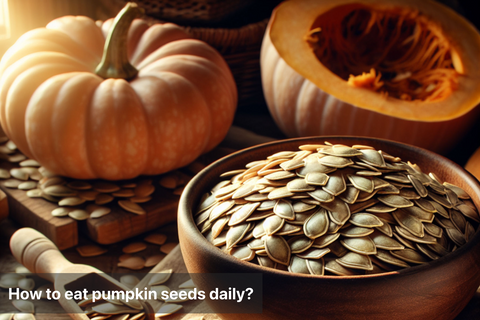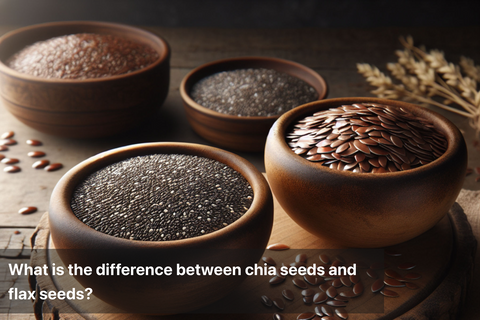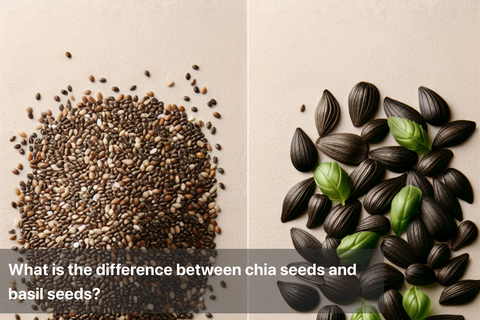
Which mustard oil is best for cooking?
Mustard oil is a versatile cooking oil with deep roots in various cultures, particularly in South Asia. Originating from the seeds of the mustard plant, it has been a staple in kitchens for centuries. Its distinct flavor adds depth to a variety of dishes, making it a favorite among many culinary enthusiasts. The preference for mustard oil is not merely about taste; it also stems from its health benefits, which have garnered increasing attention.
As for its popularity, mustard oil is readily available in many grocery stores, often labeled as the best mustard oil for cooking. However, this raises an important question: is mustard oil for cooking good or bad? The answer hinges on its production method and quality. Cold-pressed mustard oil retains more nutrients and offers a robust flavor, while refined versions may be milder but can lack essential health benefits.
The oil's usage varies widely—the pungent taste of raw mustard oil is often favored in dressings, while its high smoking point makes it ideal for frying. Thus, whether you're a seasoned chef or a home cook, understanding the nuances of mustard oil can enhance your culinary creations. Embracing this oil may lead you to a flavorful and health-conscious cooking experience.

Nutritional Profile of Mustard Oil
|
Nutrient |
Amount (per 100g) |
|---|---|
|
Calories |
884 kcal |
|
Total Fat |
100 g |
|
- Saturated Fat |
7.8 g |
|
- Monounsaturated Fat |
59.3 g |
|
- Polyunsaturated Fat |
22.1 g |
|
Cholesterol |
0 mg |
|
Sodium |
0 mg |
|
Total Carbohydrates |
0 g |
|
- Dietary Fiber |
0 g |
|
- Sugars |
0 g |
|
Protein |
0 g |
|
Vitamins and Minerals |
|
|
- Vitamin A |
0 IU |
|
- Vitamin C |
0 mg |
|
- Vitamin E |
12 mg (approx. 20% DV) |
|
- Vitamin K |
14 µg (approx. 12% DV) |
|
Minerals |
|
|
- Calcium |
0 mg |
|
- Iron |
0.3 mg |
|
- Potassium |
0 mg |
Types of Mustard Oil for Cooking
Mustard oil comes in several varieties, each offering unique characteristics that can influence your cooking experience. Understanding these differences is essential in selecting the best mustard oil for cooking.
-
One popular type is cold-pressed mustard oil. This oil is extracted using a mechanical process without the application of heat, which helps retain its natural flavors and nutrients. It boasts a robust taste and is rich in omega-3 fatty acids. However, due to its lower smoking point, it may not be suitable for high-heat frying.
-
On the other hand, refined mustard oil undergoes a refining process that enhances its smoking point, making it ideal for deep frying and sautéing. The flavor is milder compared to cold-pressed oil, which some cooks might prefer for certain dishes.
-
You might also come across blended mustard oil, which combines mustard oil with other oils, often to reduce costs and enhance flavors. While it can still be a good option, it’s wise to check the blend’s composition for quality.
When selecting mustard oil, consider your cooking style and health aspects. Cold-pressed oil is often hailed as healthier, but for intense cooking methods, refined oil may serve you better. Ultimately, it’s about finding the right balance for your culinary needs.
Health Benefits
-
Rich in Healthy Fats: Contains heart-healthy monounsaturated fats (MUFA) and omega-3 fatty acids, which can help reduce bad cholesterol levels.
-
Boosts Heart Health: Regular use may reduce the risk of cardiovascular diseases by improving blood circulation and lowering cholesterol levels.
-
Anti-Inflammatory Properties: Has anti-inflammatory compounds like omega-3 fatty acids, which help reduce inflammation in the body.
-
Promotes Skin Health: High in vitamin E, it helps keep skin hydrated, prevents signs of aging, and may aid in treating dry or irritated skin.
-
Improves Digestion: The oil can stimulate digestion and improve metabolism, making it beneficial for gut health.
How to Choose the Best Mustard Oil for Cooking
-
Look for Cold-Pressed or Kachi Ghani: Cold-pressed mustard oil retains more nutrients, flavor, and antioxidants, making it a healthier choice.
-
Check for Purity: Choose 100% pure mustard oil with no added chemicals or preservatives for the most natural flavor and health benefits.
-
Avoid Refined Oils: Refined mustard oil may lose some of its beneficial properties and taste, so opt for a more natural, unrefined version when possible.
-
Consider Flavor Profile: Mustard oil has a strong, pungent flavor. Choose one that suits your cooking style—milder options may be available for those who prefer less intensity.
-
Check for Food-Grade Certification: Ensure the mustard oil is labeled as food-grade, especially if you're using it for cooking rather than for external applications.
-
Packaging: Look for oils packaged in dark glass bottles or tin containers to protect the oil from light, which can degrade its quality over time.
-
Reputation of Brand: Opt for trusted brands that are known for their quality and reliability to ensure you're getting a high-quality product.
-
Shelf Life: Choose a product with a long shelf life, and ensure it hasn't been stored for too long, as mustard oil can turn rancid if not properly stored.

Mustard Oil for Cooking: Our Top Picks
Mustard oil stands out as a versatile choice in culinary practices. Its unique flavor enhances various dishes, making it a popular choice in many kitchens around the world. We discussed the different types available, including cold-pressed and refined options, which provide distinct tastes and health benefits.
When searching for the best mustard oil for cooking, consider factors such as the oil's source, quality, and brand reputation. These elements significantly affect the final product, as well as its cooking performance and health attributes.
Regarding the health aspect, mustard oil contains omega-3 fatty acids and antioxidants that can contribute positively to your diet. However, it's essential to remain aware of its high erucic acid content, which has sparked debate about its impact on health. It’s advisable to use this oil in moderation and consult with a healthcare professional if you have concerns.
Overall, mustard oil can be a fantastic addition to your cooking repertoire when chosen wisely. Embracing it responsibly allows you to enjoy its numerous benefits while being conscious of any potential limitations. As always, balance in any diet is key.
This Blog post is an initiative by Lo! Foods, to provide accurate and Nutritionist / Doctor approved information related to Health. Lo! Foods is India's leading brand for Everyday Functional Foods. Foods designed for specific Health conditions or Needs. Lo! Foods also runs India's largest range of Low Carb Healthy Cloud Kitchens, under the brand names of Lo!, ProteinChef, ATH (All Things Healthy) and DiabeSmart.















Leave a comment
Your email address will not be published.